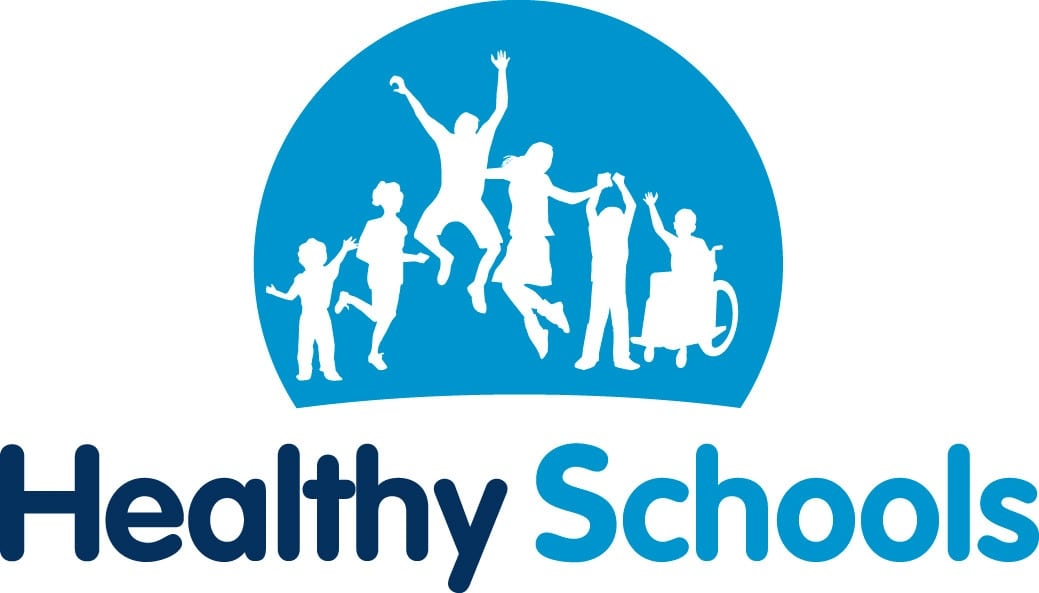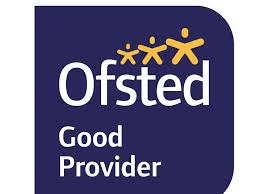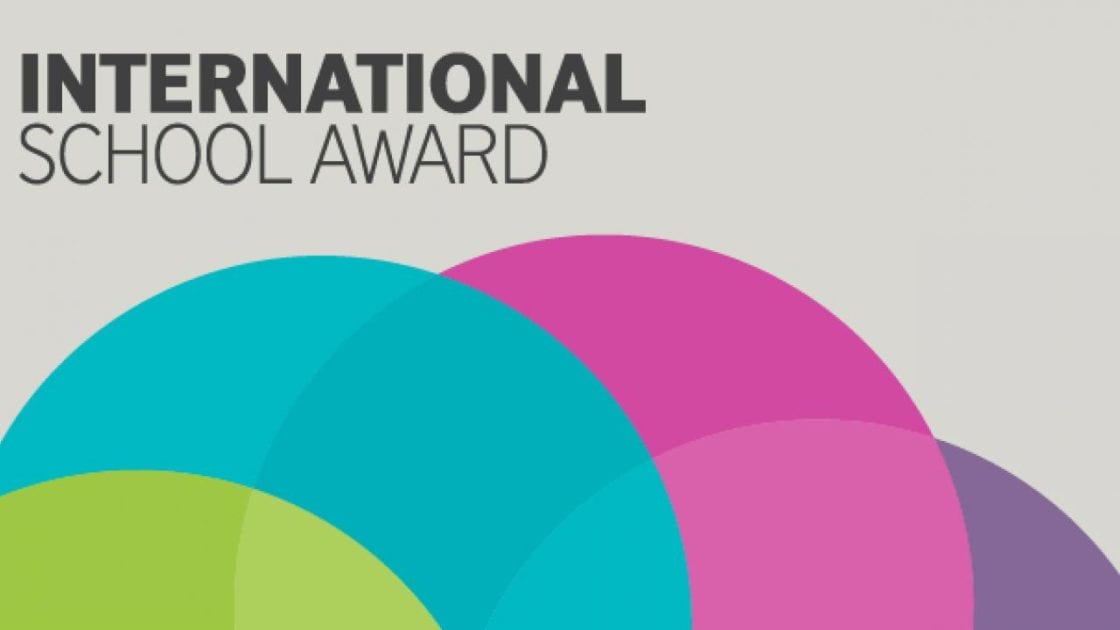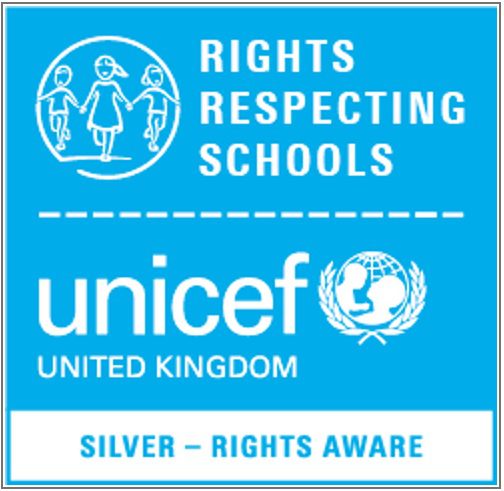MFL Subject Lead: Mrs Corrigan
MFL Link Governor: Mrs Hunter
Learning another language has many benefits for both the individual and the wider community. It helps to break down social barriers and encourages cross-cultural understanding, as well as helping the individual to boost their problem solving, memory, critical thinking and listening skills. Being able to speak a second language can even help improve understanding of areas such as grammar in their native language.
The French Curriculum will:
- foster an interest in language learning by introducing children to other languages in a way that is enjoyable and accessible to all pupils
- stimulate and encourage children’s curiosity about language and creativity in experimenting with it
- support oracy and literacy, and in particular develop speaking and listening skills
- help children develop their awareness of cultural similarities and differences
- lay the foundations for future language study by pupils
- provide an added perspective on first language teaching and learning
- give an extra dimension to teaching and learning across the curriculum.
Intent
It is our intent at Stanley Crook Primary School to provide all of our children with a high-quality education in Modern Foreign Languages (MFL), which develops their love of learning about other languages and cultures. Our current MFL taught is French, however we strive to provide children with opportunities to experience a range of other languages. It is our intention to ensure that by the end of our children’s primary education, they have acquired an understanding of both spoken and written French, confidence to speak in French with others and know how important other languages can be in their future.
Implementation
We teach French as our Modern Foreign Language in KS2. It is taught in a whole-class setting, using Language Twinkl scheme of work. The lessons are designed to motivate children from the first moment and have clear, achievable objectives and incorporate creative activities for different learning styles. French lessons provide a variety of sources to model the language, use games, stories and songs to maximise enjoyment and make as many connections to real life situations as possible. We focus on speaking and listening in Year 3- gradually developing skills in reading and writing in order to lay the foundations for foreign language teaching in KS3. Each lesson, children build on the skills that they have already learnt and develop new ones through a range of fun, exciting and engaging activities:
- learning French vocabulary
- asking and answering questions, and following instructions in French
- reinforcing memory with mime and physical actions
- playing games and learning songs
- video clips
- using bilingual dictionaries
- teaching of basic French grammar, sentence structure and spelling patterns
- learning French phonics
- researching and learning about life in France
- writing phrases and sentences
- reading bilingual stories
- creative tasks to demonstrate learning.
Impact
Our MFL curriculum will ensure all pupils develop key language learning skills set out by the national curriculum, as well as a love of languages and learning about other cultures. These are as follows:
- understand and respond to spoken and written language from a variety of authentic sources
- speak with increasing confidence, fluency and spontaneity, finding ways of communicating what they want to say, including through discussion and asking questions, and continually improving the accuracy of their pronunciation and intonation
- can write at varying length, for different purposes and audiences, using the variety of grammatical structures that they have learnt
- discover and develop an appreciation of a range of writing in the language studied
We measure the impact of our curriculum through the following methods:
- Observing children speaking and listening in another language.
- Marking of written work.
- Images and videos of children completing speaking and listening activities.
- Interviewing the pupils about their learning (pupil voice).
- Annual reporting of standards across the curriculum to parents.
- Learning walks.
- Subject tracking and monitoring.
The MFL subject leader will continually monitor the impact MFL teaching is having on the children’s learning, through work scrutiny, to ensure the progress of knowledge and skills is being taught. They will also ensure the knowledge taught is retained by the children and continually revisited and that the learners are able to apply the skills they have been taught to a variety of different settings, showing independence with their learning. Impact will also be measured through key questioning skills built into lessons, child-led assessment such as success criteria grids, jigsaw targets and summative assessments aimed at targeting next steps in learning.
Resources
- National Curriculum
- French Long term overview
- Twinkl French Units/ Plans/ Resources








